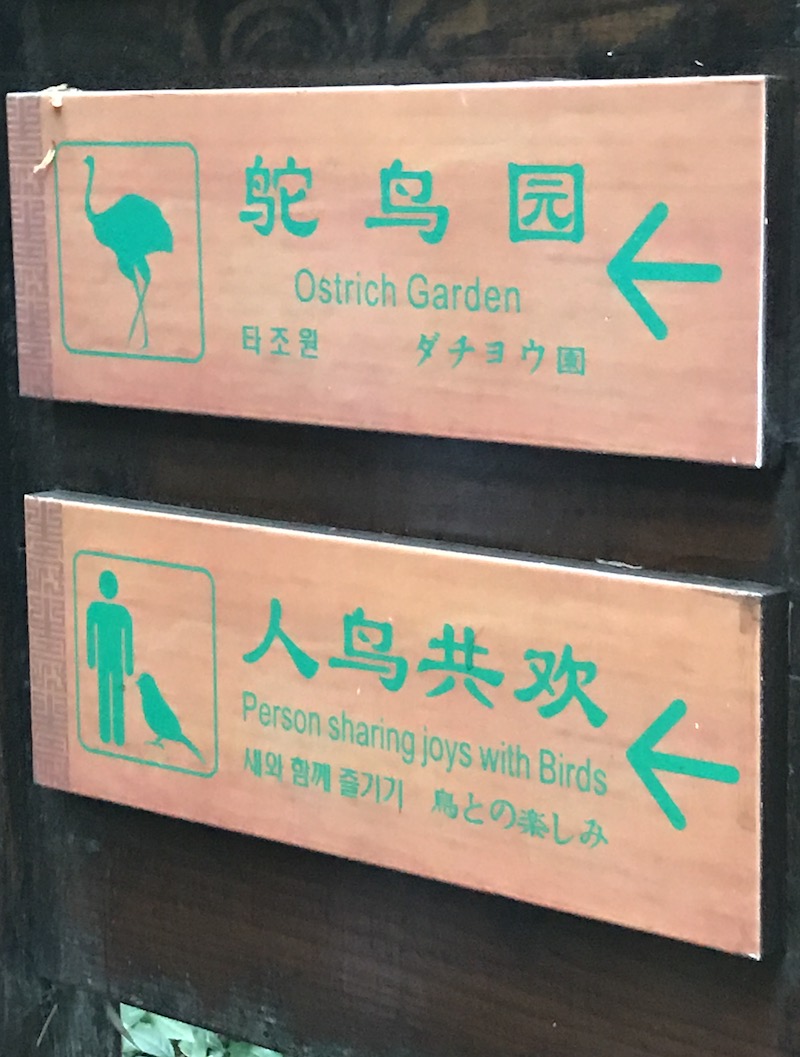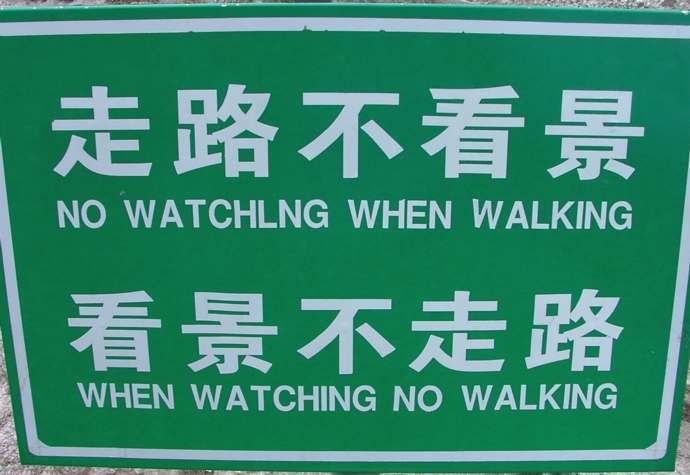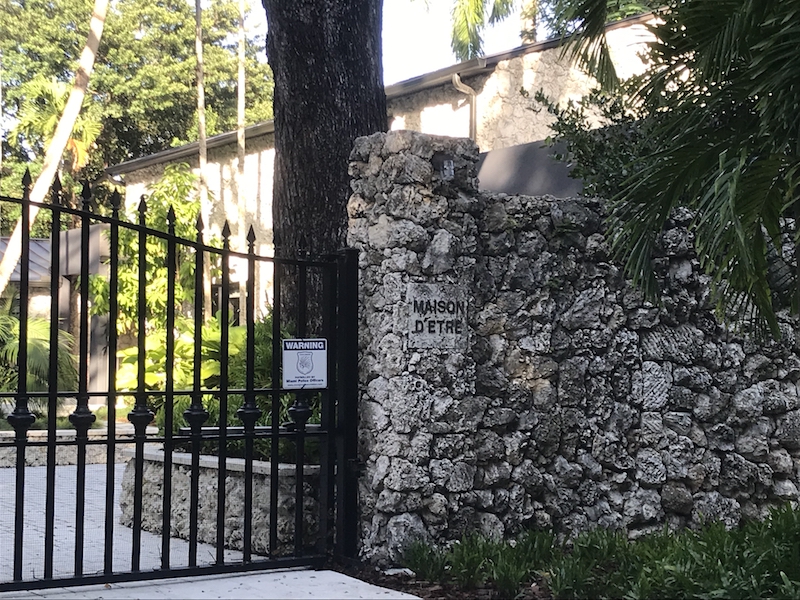Frances Stead Sellers, "Amid flooding and rising sea levels, residents of one barrier island wonder if it’s time to retreat", WaPo 11/9/2019:
On any normal late-fall day, the ferries that ply the 30 miles between Swan Quarter and this barrier island might carry vacationing retirees, sports fishermen and residents enjoying mainland getaways after the busy summer tourist season.
But two months ago, Hurricane Dorian washed away all signs of normalcy here. After buzz-cutting the Bahamas, the giant storm rolled overhead, raising a seven-foot wall of water in its wake that sloshed back through the harbor, invading century-old homes that have never before taken in water and sending islanders such as post office head Celeste Brooks and her two grandchildren scrambling into their attics.
Ocracoke has been closed to visitors ever since. Island-bound ferries carry yawning container trucks to haul back the sodden detritus of destroyed homes. And O’cockers — proud descendants of the pilots and pirates who navigated these treacherous shores — are faced with a reckoning: whether this sliver of sand, crouched three feet above sea level between the Atlantic Ocean and Pamlico Sound, can survive the threats of extreme weather and rising sea levels. And if it can’t, why rebuild?
Most linguists know Ocracoke from the history of research on the variety of English spoken there — documented in Robert Howren, "The Speech of Ocracoke, North Carolina", American Speech 1962, and especially the 2000 book by Walt Wolfram and Natalie Schilling-Estes, Hoi toide on the outer banks: The story of the Ocracoke brogue. Works like that one make me hope for the day that books, or anyhow e-books, will have embedded audio and video.
Read the rest of this entry »



